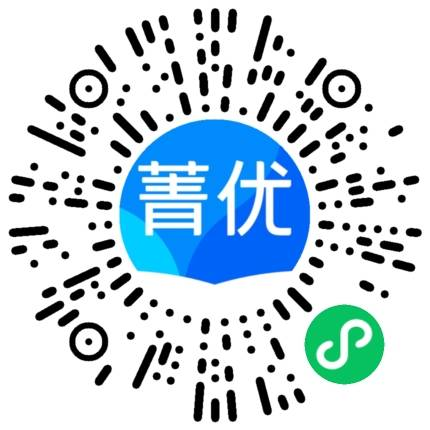申請(qǐng)校本題庫(kù)
游客模式
登錄
智能組卷
深圳市菁優(yōu)智慧教育股份有限公司
?2010-2024 jyeoo.com 版權(quán)所有



